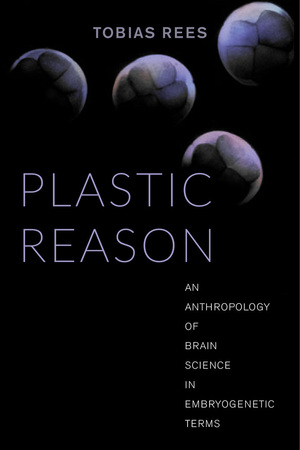Set Up for Success: Historical Studies MA Students Accepted to Top PhD Programs
Well-known for its doctoral programs in the social sciences and philosophy, The New School for Social Research also offers terminal Master’s degree programs that allow new graduate students to dig deeply into a topic and develop their research skills while preparing for careers or for additional graduate study.
This year, several 2019 Historical Studies MA graduates were accepted at top History PhD programs that support their research interests. Their experiences illuminate how the department can help emerging historians identify, prepare for, and confidently choose the best next steps in their scholarly careers.
Ella Coon, a Minnesota native, first moved to New York to attend Columbia University where she majored in printmaking. Later, while working as an archivist at the LeRoy Neiman Foundation, she discovered her passion for combing through archives. She had long been interested in history, especially the Cold War and the political debates that underpinned it, and she began to seek opportunities for research that could combine research and art.
“I’ve always wanted to be at The New School,” Coon explains. “I was attracted by the faculty, but also to what seemed like a progressive environment.” That scholars and students in the department were unafraid to innovate methodologically or to delve into the political implications of their research “was really refreshing.”
As she deepened her understanding of the politics and economics of the Cold War, she began working closely with Associate Professor of History Julia Ott and Assistant Professor of History Emma Park, both of whom teach classes in the history of capitalism. Coon cites their encouragement and flexibility with helping her craft a project while also gathering resources and preparing essential elements, such as a literature review, to help her write a strong thesis at the end of her second year.
“From the beginning of the program there was a sense that you should be thinking about what you’re going to do at the end,” Coon explains. A large part of that work happens during a required third-semester seminar in which students workshop their theses and also prepare PhD applications. “Faculty would come in every other week to talk about their work and their methodology, but then some weeks were dedicated to helping us apply by going over our projects with that in mind,” Coon says.
It worked. She completed her thesis, which examines the political economy of technology transfers between the U.S. and Comecon during détente. And in Fall 2019, she’ll be heading back uptown to start a PhD in History where it all began — Columbia University.
By contrast, Deren Ertas moved to New York from Turkey at just 11 years old. She threw herself into books, primarily as a way to learn English. “Then I just kept reading,” Ertas says, reflecting on the path that led her to major in the College of Social Studies at Wesleyan University.
As her interests in history developed, so did her passion for political theory and theorists such as Hannah Arendt, who drew her attention to NSSR as a potential next step. “Of course I wanted a strong background in history, but I also wanted to continue to take classes in different disciplines and develop my insights through an engagement with different methods,” Ertas says. “I couldn’t go to a more traditional program, that’s not the kind of relationship I want to have to my field.” Conversations with Assistant Professor of History Aaron Jakes and the possibility of taking classes with major thinkers like Willy Brandt Distinguished Professor of Anthropology and History Ann Stoler helped her realize this was the place for her.
Ertas knew that she had made the right decision while delivering a paper at the 2018 Radical Democracy Conference. “Andreas [Kalyvas, Associate Professor of Politics] and some other students in the class really encouraged me to present this paper, and I’m glad they did because it led to a shift. I decided to dedicate myself to academic work full time and pursue my application to PhD programs in Fall 2018” she remembers.
Ertas credits Historical Studies faculty with helping her develop the content of her thesis, which explores the ways in which the project of modernizing and liberalizing reforms undertaken by the Ottoman state in the 19th century (known as the Tanzimat) can be understood as an effort to address specific problems in tax levying and military recruitment as well as a modern project of nation-building. She also examines the way resistance to these modernizing projects — much like the Gezi Park protests — established patterns of resistance that recurred in later Ottoman and Turkish politics.
“My conversations with [Professor Jakes] were fundamental in terms of my understanding of my work and how to situate it within the field of Middle Eastern history” she says. Jakes also invited her to participate in a small gathering of scholars to workshop his forthcoming manuscript, which allowed Ertas to see different aspects of what academic life could be like. “Those experiences were intellectually enriching at every turn,” she added.
As she crafted her PhD application, she received support from other Historical Studies faculty members, and Jakes also urged her to continue reaching out to people in her top-choice programs. “He kept encouraging me because I was feeling very shy,” Ertas explains. “Pushing me to do that was very important!”
The recipient of the 2019 Outstanding Master of Arts Graduate Award for Historical Studies, Ertas will pursue her PhD in History and Middle Eastern Studies at Harvard University. She is happy about staying in the East Coast, which will allow her to sustain the close connections she made with NSSR faculty and students. “I’m excited to go from one place where I can forge my own path to another place where I can do that,” she says.










